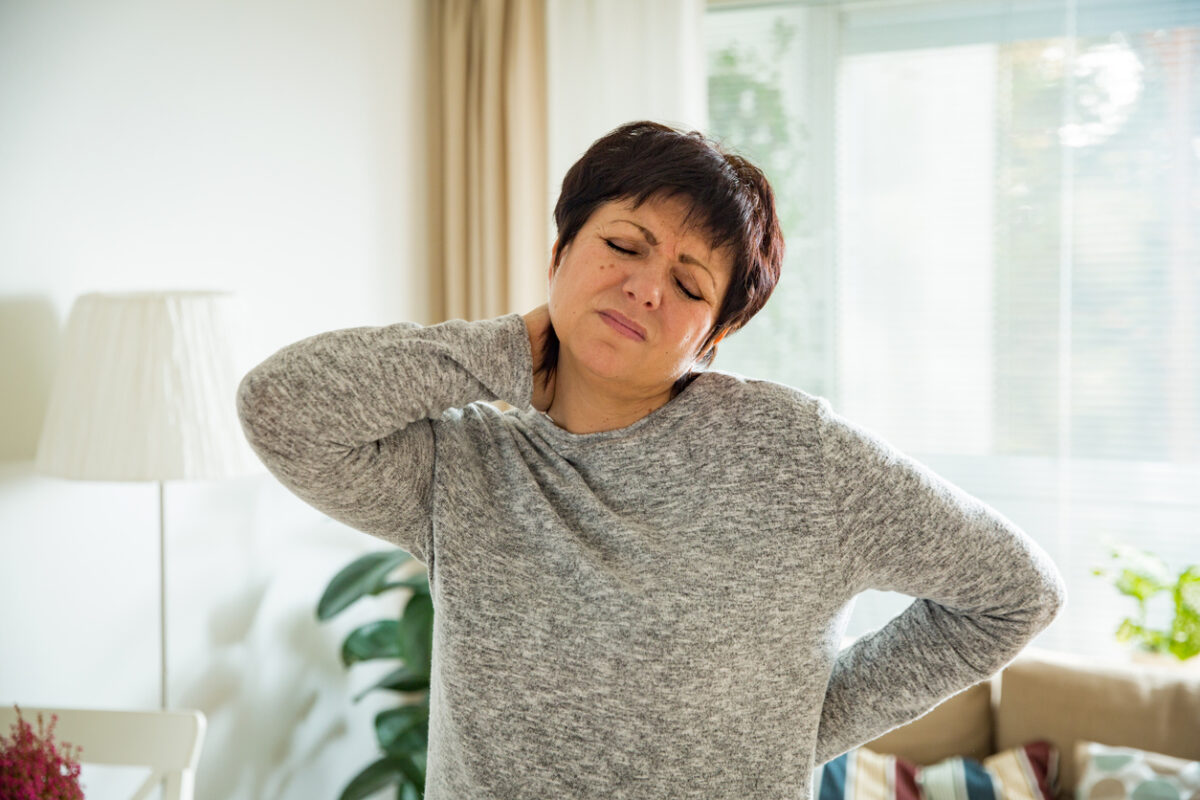The Aging Process and Increased Fatigue
As individuals age, a general increase in fatigue can often be observed. This can be attributed to various factors associated with the aging process.
Primarily, older adults typically experience a reduction in overall energy levels due to changes in their metabolic processes and hormonal imbalances.
Sleep disturbances, which are also common in older adults, can greatly contribute to fatigue.
Additionally, psychological factors such as stress, anxiety, and depression, which are common in old age, can further contribute to the increased fatigue. Therefore, understanding and managing fatigue becomes vital part of maintaining quality life in old age.
Hormone imbalance and fatigue
Hormone imbalance can significantly contribute to fatigue, especially in old age. Hormones are responsible for many vital processes in the body including sleep regulation, metabolism, stress response and more. As we age, both men and women may experience changes in hormone production.
In women, decreased levels of estrogen during menopause can contribute to insomnia and fatigue.
For men, declining testosterone levels can also lead to feelings of tiredness.
Other hormones like cortisol and thyroid hormones play crucial roles in energy levels. In situations where these hormones are lower or higher than usual, varying degrees of fatigue can occur.
Chronic fatigue can have significant impacts on quality of life, therefore, if one experiences persistent tiredness, especially in conjunction with other symptoms like weight changes, depression, or decreased muscle strength, it’s recommended to see a healthcare provider to check for any potential hormone imbalances.
Common Health Conditions Linked to Fatigue in Seniors
While some level of fatigue is a natural part of aging, severe, chronic fatigue is not, and should be addressed with a healthcare professional.
One of the key factors could be chronic diseases like heart disease, diabetes, and kidney disease which often contribute to fatigue. Other prevalent conditions in seniors are sleep disorders such as sleep apnea or insomnia.
Respiratory diseases like COPD (Chronic Obstructive Pulmonary Disease) or asthma can also cause significant fatigue.
Additionally, side effects of medications such as blood pressure medications or antidepressants can lead to fatigue.
Coping with Chronic Fatigue in Older Adults
Chronic fatigue can be quite burdensome for older adults, markedly affecting their everyday life.
Overcoming this requires a multi-faceted approach. Staying hydrated and maintaining a balanced diet can help manage fatigue symptoms.
Including foods high in iron, B vitamins, and omega-3 fatty acids can increase energy levels. Regular physical activity, even as simple as going for a walk, can significantly reduce feelings of fatigue.
In addition, quality rest and sleep are extremely crucial. Limiting caffeine and creating a tranquil sleep environment can significantly improve sleep quality.
It’s also important to manage stress using relaxation techniques like meditation or yoga. Regular medical check-ups are advised as fatigue can sometimes signal underlying health problems. Always consult your physician about any fatigue-related concerns.
Healthy Sleeping Habits for Reducing Fatigue in Seniors
Getting adequate sleep is crucial for seniors to maintain their overall health and reduce fatigue. A good night’s sleep aids in memory retention, physical health, and emotional well-being. Here are some methods to improve sleep quality in seniors:
1. Set a Regular Sleep Schedule: Seniors need 7-9 hours of sleep per night. Try to sleep and wake up at the same time daily to regulate your body’s internal clock.
2. Limit Daytime Naps: While naps can be beneficial, they can also interfere with nighttime sleep. If you need a nap, limit it to 20 minutes.
3. Create a Sleep-promoting Environment: The bedroom should be dark, quiet, and cool. Using a white noise machine can block out disruptive sounds.
4. Bedroom Only for Sleep: Avoid watching television or using mobile devices in the bedroom. This can lead to poor sleep quality.
5. Regular Exercise: Regular physical activity can help you fall asleep faster and enjoy deeper sleep.
6. Balanced Diet: Avoid large meals, caffeine, and alcohol before sleep as it can disrupt your sleep cycle.
7. Relaxation Techniques: Techniques like deep breathing, meditation, or mental imagery can help you unwind and prepare for sleep.
Remember, chronic fatigue could be a sign of a health problem, and if this persists, it’s important to consult with a healthcare professional.
Oriental medication to help improve fatigue by aging
Traditional Oriental medicine offers various remedies to alleviate fatigue due to aging.
For instance, Ginseng, one of the most famous herbs, is widely used to enhance physical stamina and combat fatigue. Another effective herb, Astragalus, helps in strengthening the immune system and fighting aging fatigue.
Goji Berries are antioxidant-rich fruits that are used to increase energy levels and stamina. Another traditional herb, Fo-ti, also known as He Shou Wu in traditional Chinese medicine, claims to promote longevity and vitality. Cordyceps, a type of medicinal mushroom, is also valued in Oriental medicine to combat fatigue.
Before starting any herbal remedy, it’s recommended to consult with a healthcare provider to discuss its suitability and dosage. These traditional remedies can be a holistic approach to managing fatigue in old age.
Relief by Japanese Bath and How You Can Enjoy the Same Effect without Japanese Bath
Japanese bathing, which is soaking your body in hot water, has a relaxing effect and the effect of resting your body tired from stress. Furthermore, the impact of a hot bath expands peripheral nerves in the hands and feet, promoting blood circulation and making muscles and joints more flexible, relieving physical fatigue. Additionally, the water pressure when soaking hot water affects blood and lymph flow.
Japanese bath is a standard in-house facility in Japan, but most people outside there don’t have it at home. But there are ways you can enjoy the same effect even without it. Refer our post introducing you the way.
Balance Your Hormone From Within with a Natural Supplement from Japan
There is a natural and moderate therapy from within, based on Japanese traditional healthy foods.
Juveriente®’s Effisoy, launched in 2016, based on fermented soy bean germ extract has been loved as a natural menopause relief since its launching in 2016.
Its primary function is to boost the weakened synthesis of a hormone precursor, DHEA. It’s safe as it only heals the natural synthesis function. This boost is only through your body function from the precursor level, it naturally fits your need in the hormone composition and the quantity. The balance hormone will relieve your fatigue and all other issues from aging. While it helps both men and women, it is popular for women suffering from menopause symptoms.
Here are some of the real product reviews in our Amazon shop.
“Restful sleep finally!!”, “I Am Now Free of Hot Flashes!!”, “Lifesaver”







